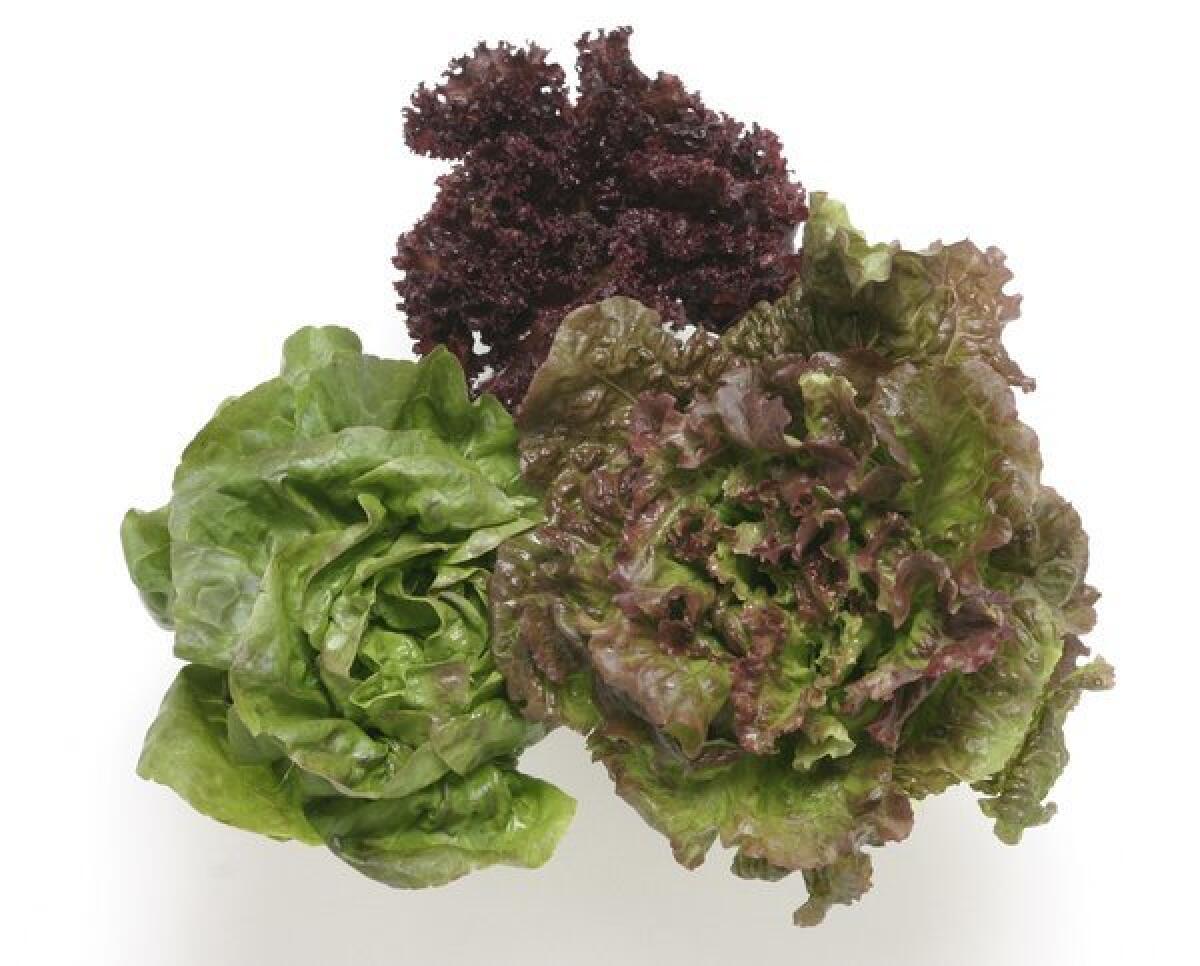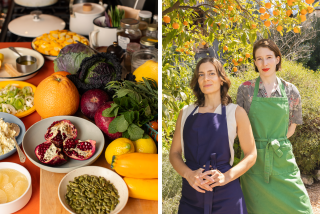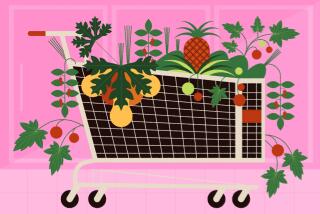Does your lettuce have ‘jet lag’?

Want to get more health benefits from green leafy vegetables? Then don’t keep them in the dark, say researchers at Rice University.
In a study published Thursday in the journal Current Biology, researchers suggest that consumers can maximize the anti-cancer properties of their veggies by exposing them to light for 12 hours a day, and by eating them four and eight hours after first exposing them to the light.
Why, you ask?
Well, it might come as an unsettling surprise to know that the cabbage you just tossed into your refrigerator crisper drawer is still alive, and will probably remain so for about three days after you take it home from the supermarket.
Danielle Goodspeed, a biochemistry graduate student and lead author of the study, notes that unharvested vegetables produce anti-insect metabolites early in the day to fend off pests, which are most active then. While intended to defend the plant against bugs, these substances have anti-cancer properties when consumed by humans.
The researchers hypothesized that this natural circadian rhythm, and antioxidant production, was disrupted when edible plants like cabbage, lettuce and spinach were tossed into a dark refrigerator for days and essentially given a case of vegetable jet lag.
In a series of experiments, Goodspeed and colleagues put a variety of vegetables on a 12-hour light and 12-hour dark schedule, and subjected a second group to total darkness. They then exposed both groups to hungry little caterpillars called cabbage loopers.
What they found was that after three days, the bugs ate roughly half as much of the vegetables exposed to light than those subjected to darkness. At the same time, the bugs on the darkened vegetables grew twice as large as their pals on the vegetables that were periodically exposed to light.
Researchers surmised that the bugs ate less of the light-and-dark-cycle veggies because the plants were producing protective phytochemicals like glucoraphanin on a rhythmic schedule. The darkened, “jet-lagged” greens, however, were not. Researchers estimated that healthful phytochemicals were two to three times as abundant at their rhythmic peak than those found in darkened vegetables.
The fact that controlling light exposure reduced insect damage and presumably increased anti-cancer compounds in the vegetables could have many applications in the shipping, storage, preparation and consumption of produce, the authors said.
“These results suggest that light-dark storage of postharvest cabbage combined with timed preparation, preservation, and/or consumption to coincide with peak accumulation points may enhance the health value of the food crop,” the study said.
To watch a video of the experiment click here.
Return to Science Now blog.
Follow me on Twitter @montemorin







